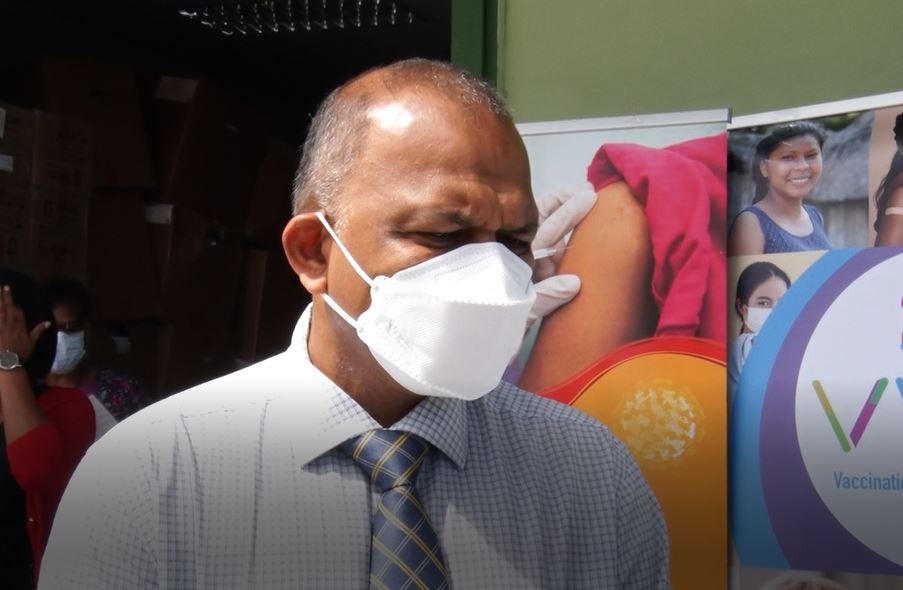Guyana’s HIV+ citizens daunted by almost non-existent CD4, viral load testing
Since 2018 thousands of persons infected with the human immunodeficiency virus (HIV) in Guyana have not been able to access routine CD4 tests, a special examination that measures the number of T cells in the blood.
Authorities say it is only available for new positive cases of the virus.
The situation is compounded by the absence of viral load tests which ceased as the COVID-19 pandemic reared in 2020 and 2021.
Now, the National Public Health Reference Lab is reportedly only offering these tests on an emergency basis. The test is important because it gives persons living with HIV an idea of how much of the virus is in their body – an important mechanism to gauge viral suppression.
Guyana has agreed too, with the UNAIDS, to achieve viral suppression for 95 per cent of its population currently being treated for HIV by 2030.
In 2020, Guyana was pretty close to achieving that target at 87 per cent but in 2021 those high figures dropped to just over 20 per cent.
Why? The absence of testing to track the attainment of the goals has significantly contributed to the decline.
When asked about this particular challenge in the public health system, subject Minister Dr, Frank Anthony said the government intends to purchase a new machine this year in hopes of addressing the situation and providing greater comfort to the country’s growing HIV+ population that has become unsettled over the absence of this very important test.

Dr. Anthony along with Head of the National AIDS Programme Secretariat (NAPS) Dr. Tariq Jagnarine told the News Room that their comfort is in the quality of treatment being offered locally while also agreeing that the tests are important to track progress individually and nationally.
Guyana also committed to ensuring that 95 per cent of those living with HIV would know their status and 95 per cent of those who know their status to be on treatment by 2030.
But Dr. Jagnarine has noted that international guidelines no longer recommend CD4 testing as a means of tracking the success of treatment in individuals.
“While we are not doing away totally with it, we will focus on newly infected cases,” Dr. Jagnarine noted while pointing to human resource and equipment shortfalls in the system to conduct these tests.
“We have issues with the lab. We have an old machine but we are buying a new one this year,” Dr. Jagnarine said during a telephone interview.
He said these challenges have also reduced viral load testing to merely emergency cases, possibly where an HIV+ person becomes really sick that the test becomes absolutely necessary.

“A lot has to do with COVID, human resources and lab resources.
“We need the test to be done, the good thing why I am not too worried is because we offer excellent treatment. We have started TLD treatment and that helps to achieve rapid viral load suppression and fewer side effects add longevity and we have slowly transitioned all our patients to it,” Dr. Jagnarine explained.
TLD is a fixed-dose combination medication—three ARV drugs that clients take once a day for treatment of HIV/AIDS, but in the form of a single, smaller tablet.
Dr. Jagnarine said very soon, routine viral load tests will recommence once the technical issue in the laboratory process is sorted.
In the meantime, persons living with HIV remain unsettled that the services are not available through the public system although some private institutions offer the tests, sometimes at prices many cannot afford.
The latest figures project that there are over 9, 000 persons living with HIV in Guyana.







